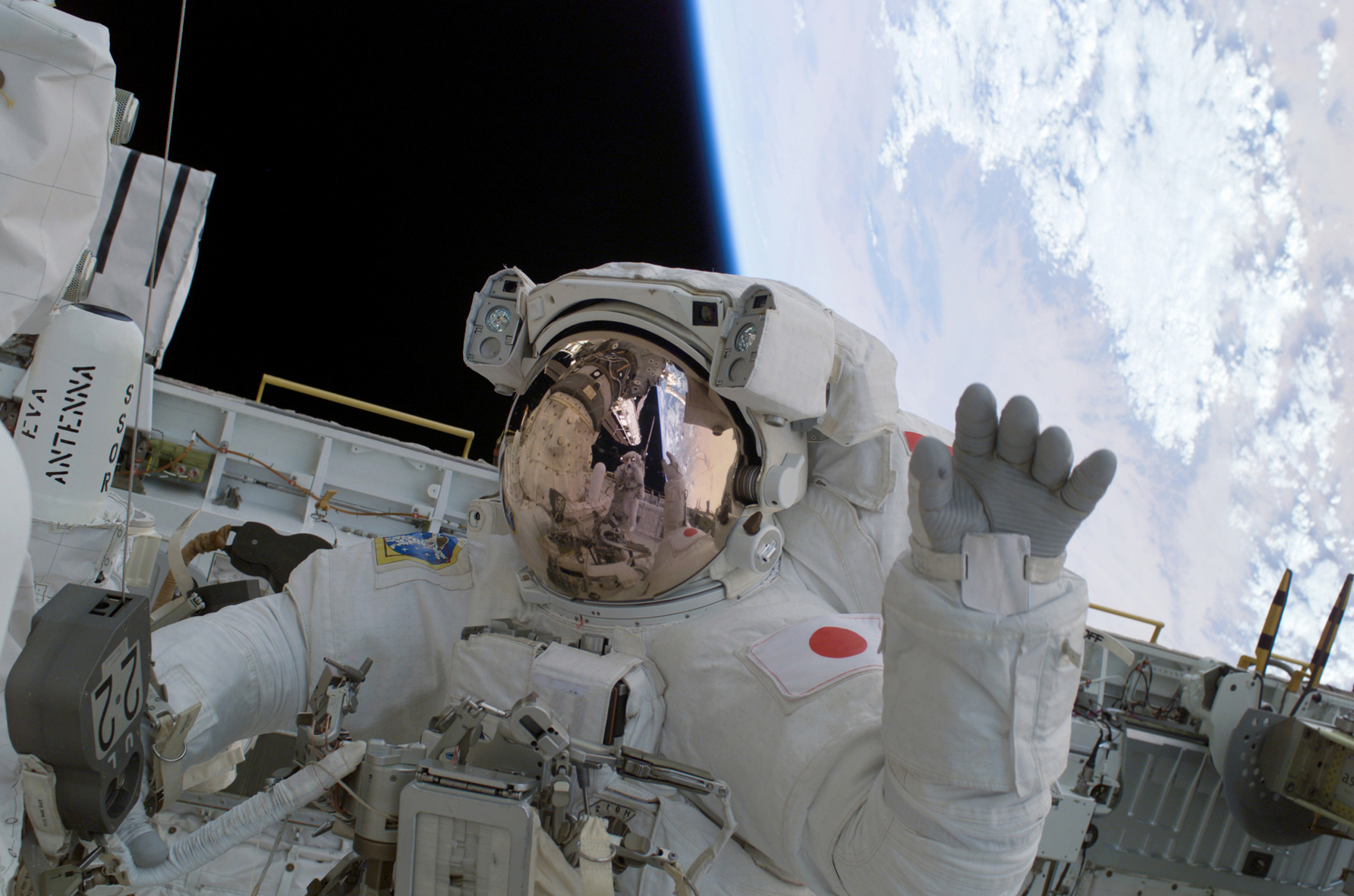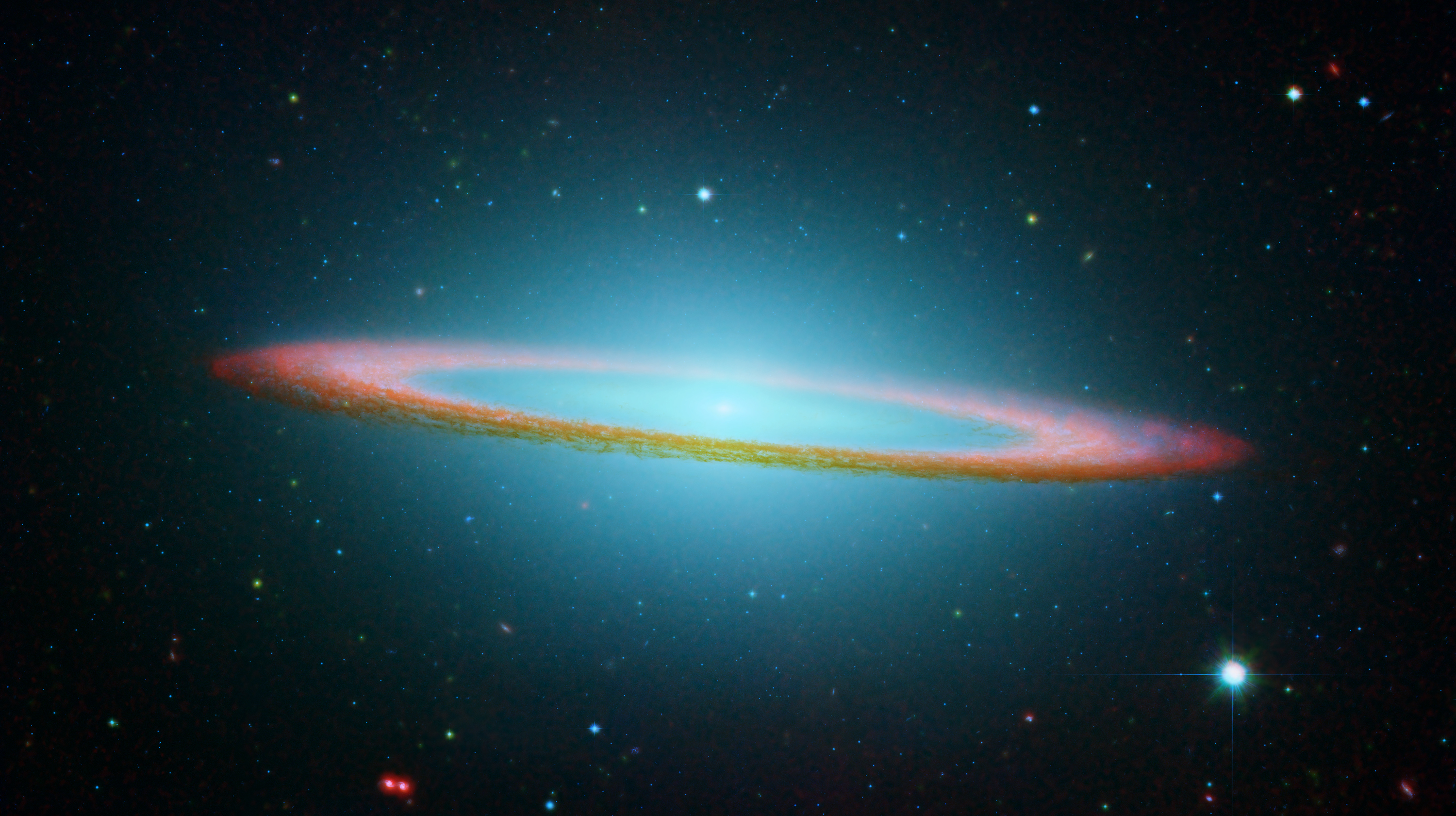10 Amazing Ways Space Exploration Improves Life Here on Earth
The vastness of the cosmos has long been a source of wonder and inspiration, driving humanity to look beyond the confines of our blue planet. While the exploration of space often conjures images of astronauts, rockets, and distant planets, its impact is far more profound and far-reaching than we might initially perceive. The pursuit of understanding the universe has led to numerous technological advancements and societal benefits here on Earth. From the development of new materials to the enhancement of global communication, the exploration of the cosmos has enriched our lives in unexpected ways. This article delves into 10 surprising benefits that space exploration brings to our everyday existence, illustrating the intrinsic link between our terrestrial lives and the celestial realm.
1. Advancements in Medical Technology

Space exploration has significantly contributed to the field of medicine, leading to breakthroughs that have improved healthcare on Earth. The challenges of maintaining astronaut health in microgravity have spurred the development of advanced medical technologies. For instance, the need to monitor astronauts' vital signs remotely has driven innovations in telemedicine, allowing doctors to diagnose and treat patients from afar. Furthermore, research conducted in space on bone density loss has provided insights into osteoporosis, leading to better prevention and treatment strategies. Additionally, the microgravity environment has facilitated the growth of protein crystals, aiding in the development of more effective pharmaceuticals. These advancements underscore the profound impact of space research on our medical capabilities.
2. Enhanced Environmental Monitoring

Space exploration has revolutionized our ability to monitor and understand Earth's environment. Satellites orbiting our planet provide critical data on climate change, deforestation, and natural disasters. This information is essential for developing strategies to mitigate environmental damage and adapt to changing conditions. For example, satellite imagery helps track the melting of polar ice caps and the rise in sea levels, offering valuable insights into the effects of global warming. Additionally, satellites monitor air and water quality, enabling governments to implement policies that protect public health. The ability to observe and analyze environmental changes from space is a testament to the invaluable role of space technology in preserving our planet.
3. Innovations in Transportation
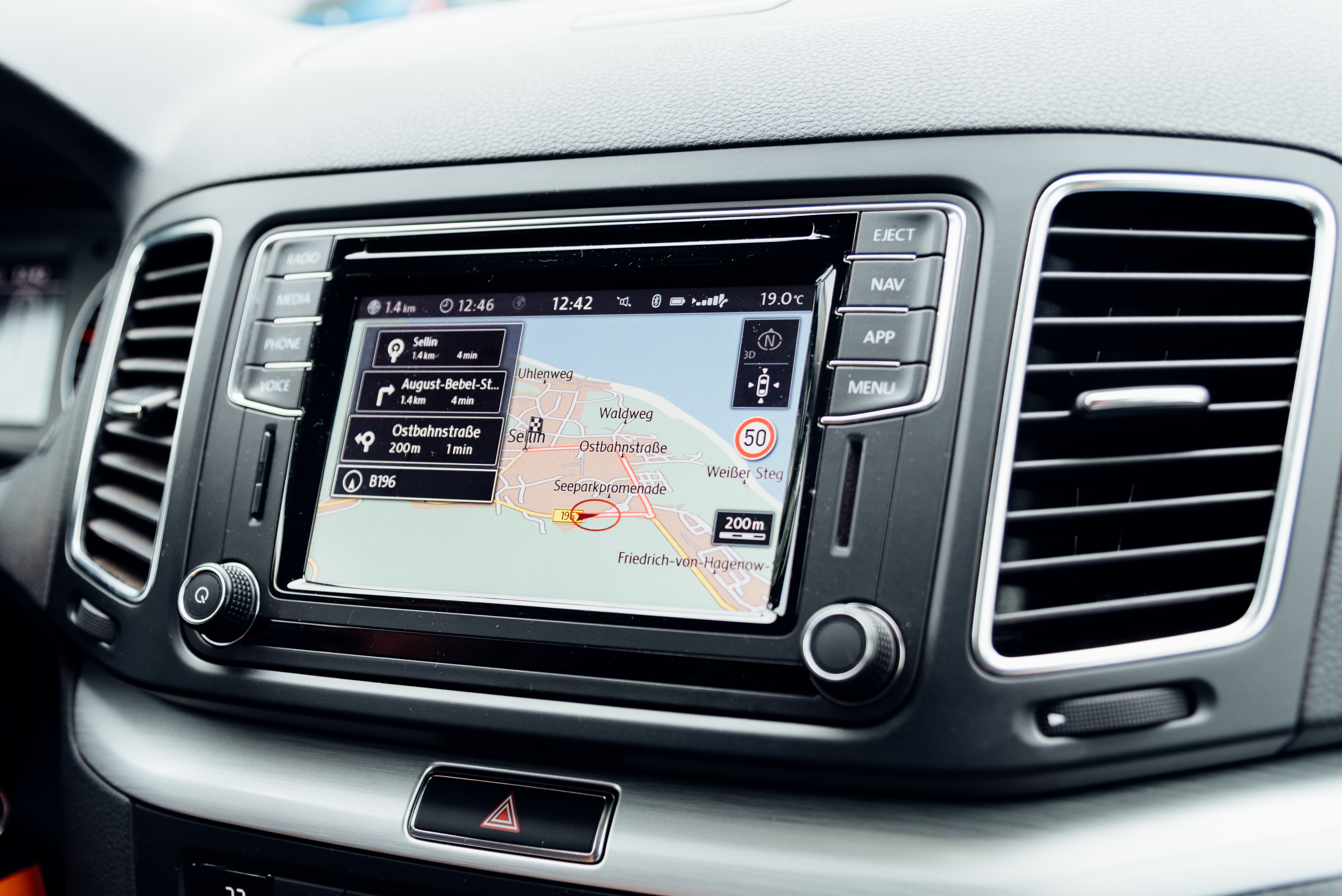
The rigorous demands of space travel have inspired numerous advancements in transportation technology. The development of lightweight materials and efficient propulsion systems for spacecraft has influenced the automotive and aviation industries, leading to more fuel-efficient and environmentally friendly vehicles. For instance, the use of composite materials, originally designed for spacecraft, has resulted in lighter and stronger car bodies, improving fuel efficiency and safety. Moreover, the precision engineering required for spacecraft has enhanced navigation systems, contributing to the development of GPS technology that we rely on daily for travel. These innovations demonstrate how the quest to explore the cosmos has propelled advancements in transportation, benefiting society at large.
4. Boosting Global Communication

The exploration of space has been instrumental in advancing global communication networks. The deployment of communication satellites has transformed how we connect with one another, enabling instant communication across vast distances. These satellites facilitate everything from international phone calls to live broadcasts of global events. Furthermore, they provide internet access to remote areas, bridging the digital divide and fostering global connectivity. The reliability and reach of satellite communication have also been crucial for disaster response, allowing for the coordination of relief efforts in times of crisis. By enhancing our ability to communicate, space exploration has played a pivotal role in uniting the world.
5. Economic Growth and Job Creation
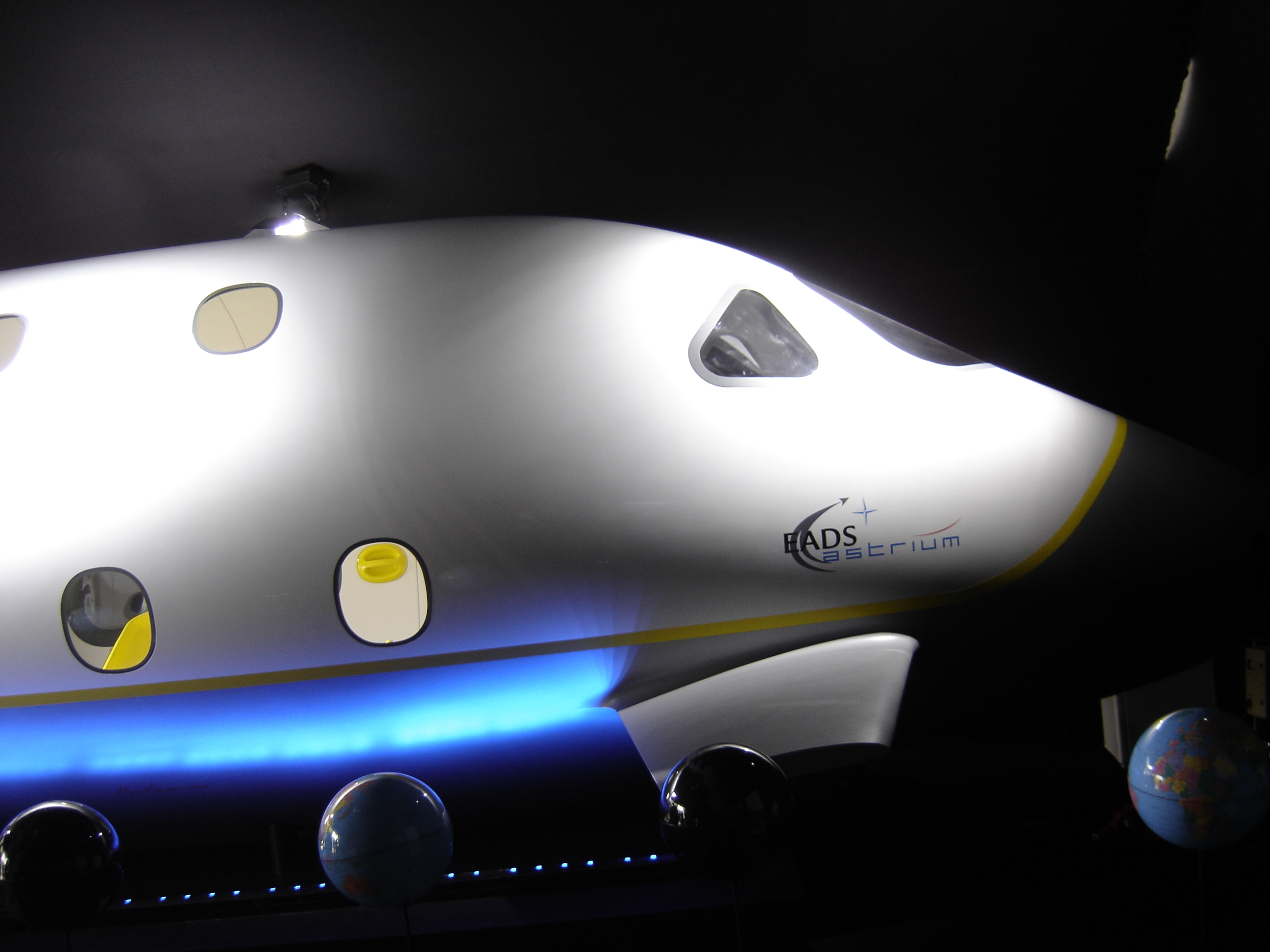
Space exploration has proven to be a significant driver of economic growth and job creation. The space industry supports a wide range of jobs, from engineers and scientists to technicians and administrative staff. The development and manufacturing of space technologies stimulate economic activity, leading to the growth of related industries. Moreover, the commercialization of space, including satellite launches and space tourism, opens new markets and business opportunities. Governments and private enterprises investing in space exploration contribute to the economy by fostering innovation and competitiveness. The economic benefits of space exploration extend beyond the industry itself, impacting various sectors and creating a ripple effect of prosperity.
6. Advancements in Energy Solutions

Space exploration has prompted the development of innovative energy solutions that have applications on Earth. The need for sustainable and efficient power sources for spacecraft has led to advancements in solar technology and energy storage. For instance, solar panels used on satellites and space stations have inspired improvements in photovoltaic technology, making solar energy more accessible and cost-effective for residential and commercial use. Additionally, research into energy-efficient systems for space missions has contributed to the development of better battery technologies, enhancing the performance and longevity of electronic devices. These advancements highlight the role of space exploration in driving energy innovation and sustainability.
7. Inspiring Education and STEM
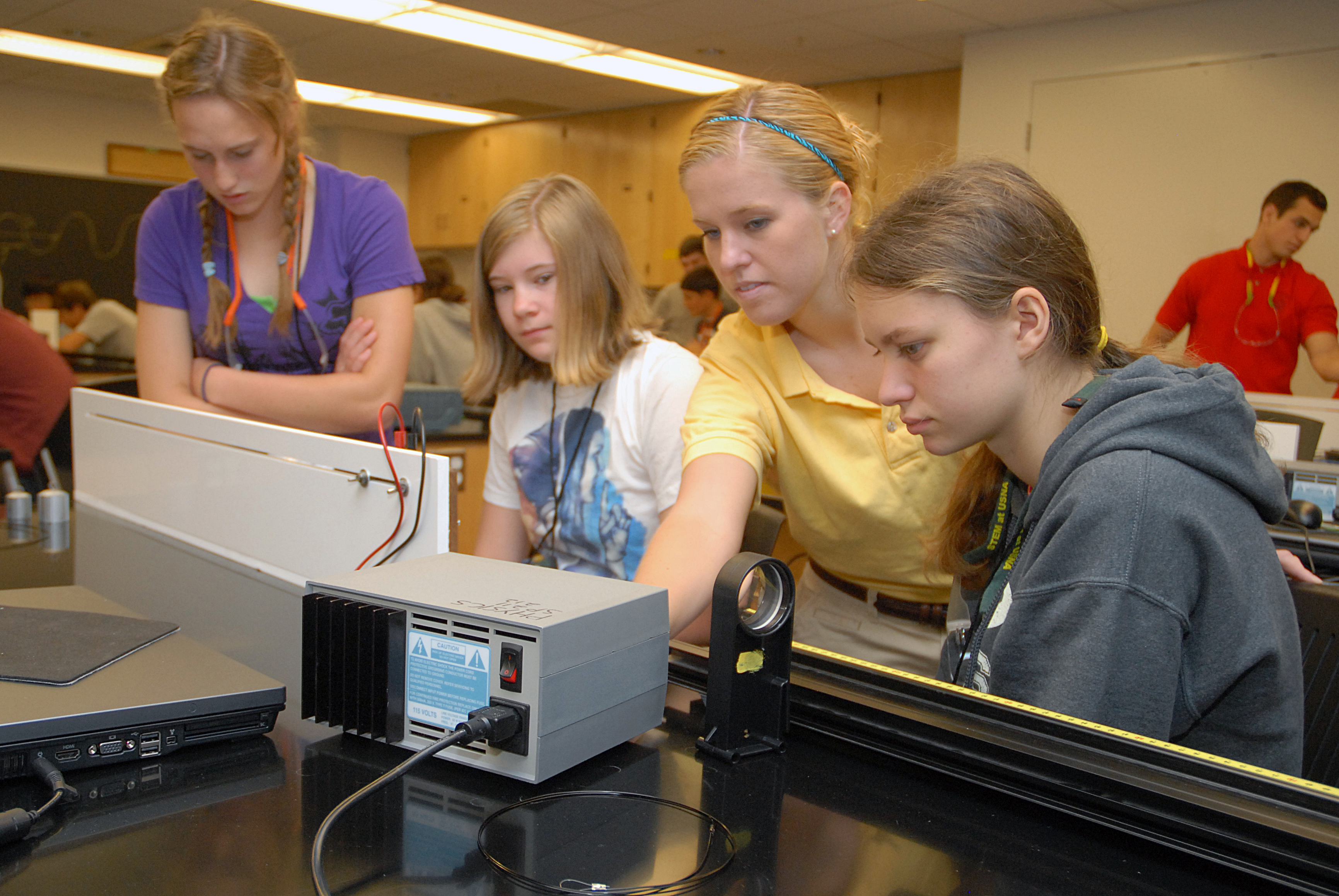
The allure of space exploration has a profound impact on education, particularly in the fields of science, technology, engineering, and mathematics (STEM). The excitement of discovering new worlds and understanding the universe inspires students to pursue careers in STEM, fostering a new generation of innovators and problem-solvers. Educational programs and initiatives by space agencies, such as NASA's educational outreach, provide students with hands-on learning experiences and access to cutting-edge research. This emphasis on STEM education not only prepares students for future careers in space exploration but also equips them with the skills needed to tackle global challenges. The inspiration drawn from the cosmos fuels curiosity and a lifelong passion for learning.
8. Advancements in Robotics and AI
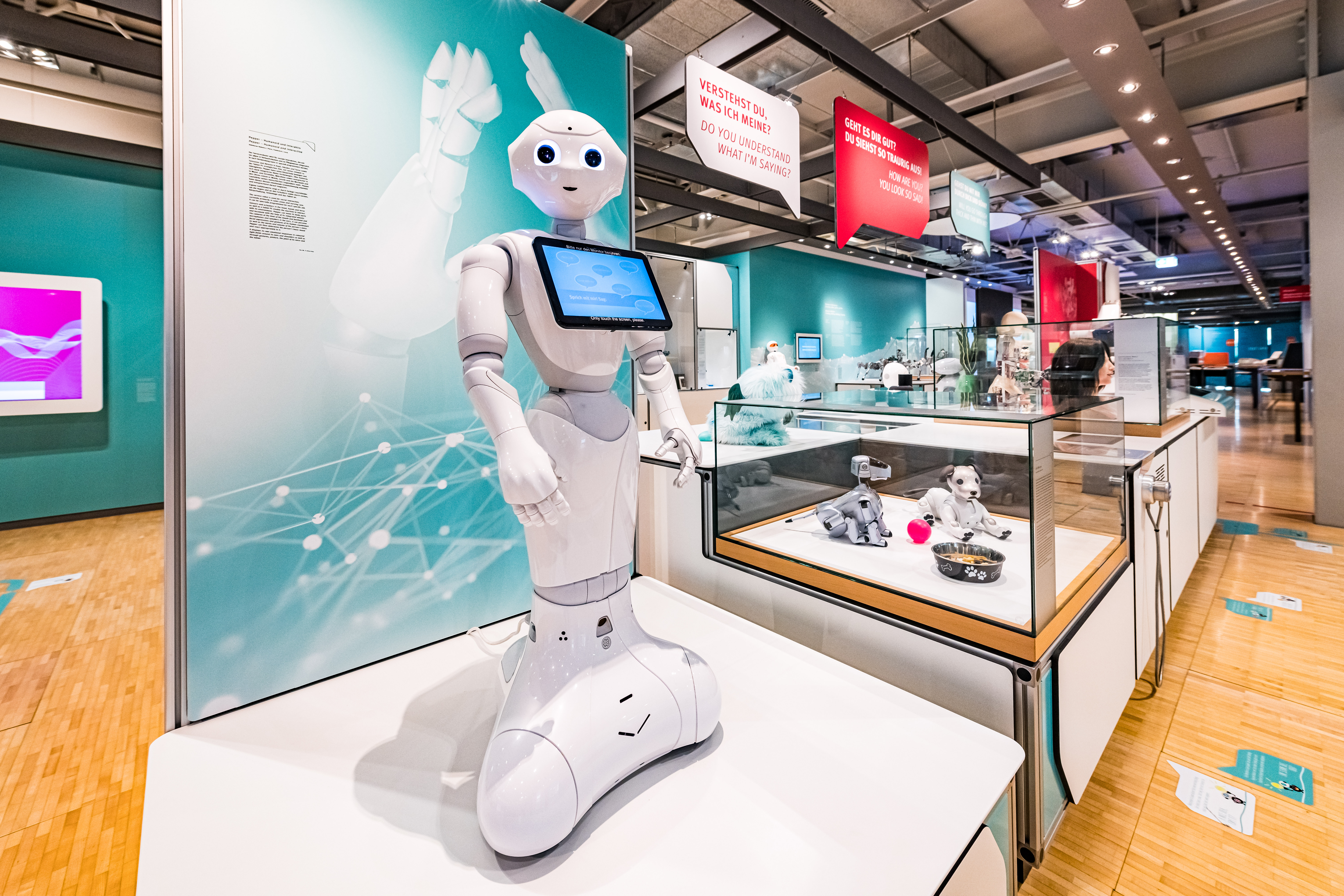
The exploration of space has driven significant advancements in robotics and artificial intelligence (AI), technologies that have far-reaching applications on Earth. The development of robotic systems for space missions, such as the Mars rovers, has led to improvements in autonomous navigation and machine learning. These advancements are applied in various industries, from manufacturing and healthcare to agriculture and disaster response. For example, robotic-assisted surgery, which relies on precise and sophisticated robotic systems, has improved surgical outcomes and patient recovery times. The capabilities of AI, honed through space exploration, enhance data analysis and decision-making processes, driving efficiency and innovation across sectors.
9. Cultural and Philosophical Impact

The exploration of the cosmos has a profound cultural and philosophical impact, prompting humanity to reflect on our place in the universe. The iconic images of Earth from space, such as the "Blue Marble" and the "Pale Blue Dot," have fostered a sense of global unity and environmental stewardship. These perspectives challenge us to consider the fragility of our planet and the interconnectedness of all life. The search for extraterrestrial life and the possibility of other habitable worlds ignite our imagination and expand our understanding of life beyond Earth. Space exploration encourages a broader perspective, inspiring art, literature, and philosophical inquiry that enrich our cultural heritage.
10. Strengthening International Collaboration
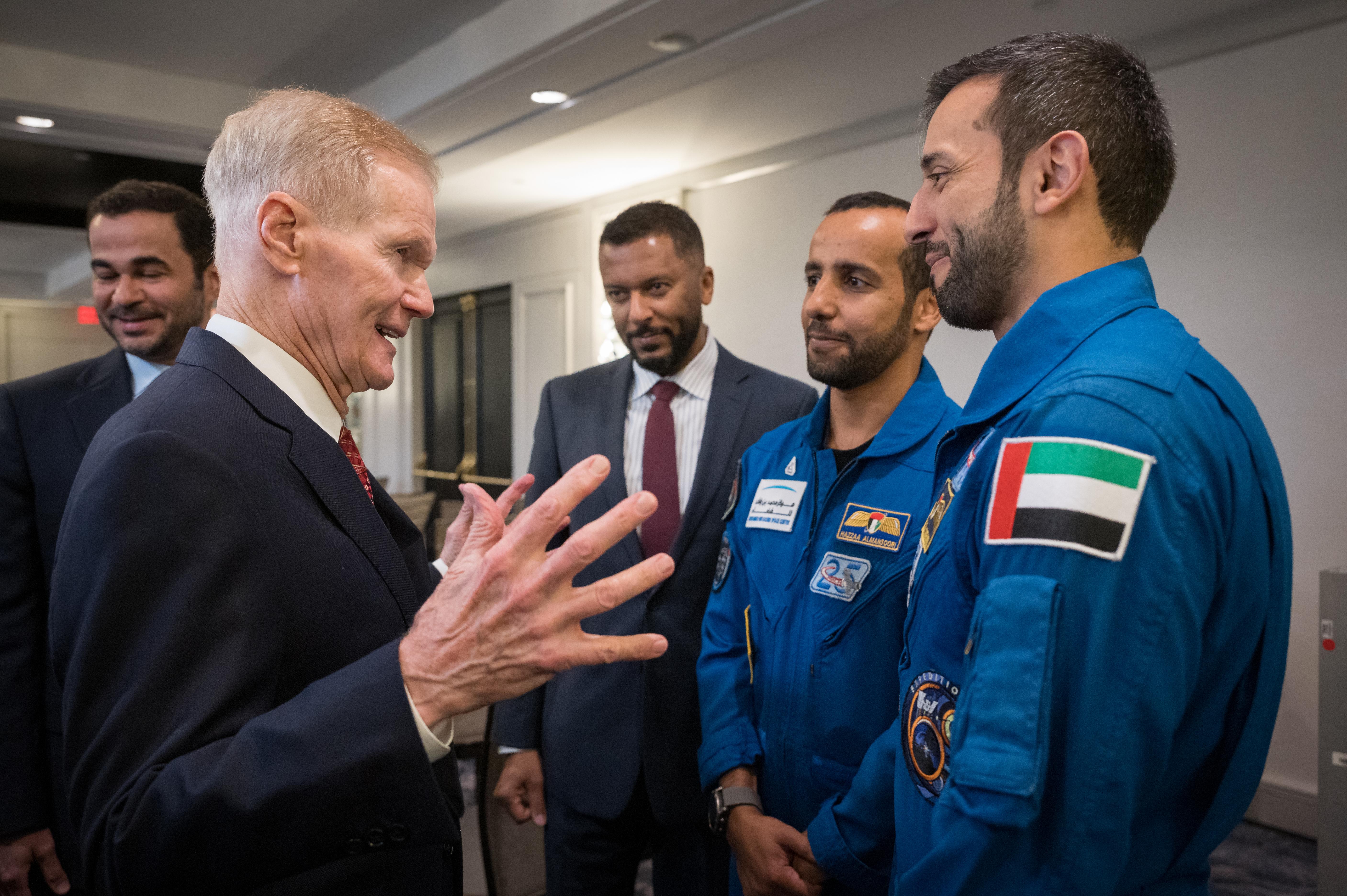
Space exploration serves as a powerful catalyst for international collaboration, bringing together nations to achieve common goals. The complexity and cost of space missions often necessitate partnerships between countries, fostering diplomatic relations and mutual understanding. Collaborative efforts, such as the International Space Station (ISS), demonstrate the potential for peaceful cooperation in pursuit of scientific advancement. These partnerships extend beyond government agencies, involving academia and private industry, and contribute to the exchange of knowledge and resources. The spirit of collaboration in space exploration sets a precedent for addressing global challenges, reinforcing the importance of working together for the betterment of humanity.
The Infinite Possibilities

As we continue to explore the cosmos, we uncover not only the mysteries of the universe but also the potential for profound benefits here on Earth. The advancements in technology, medicine, and global communication, along with the economic growth and cultural enrichment that result from space exploration, illustrate the far-reaching impact of our quest to understand the universe. By investing in space exploration, we invest in the future of our planet and our species, unlocking new possibilities and inspiring generations to come. As we look to the stars, we are reminded of the infinite possibilities that await us, both in the cosmos and in the potential for a better world.



